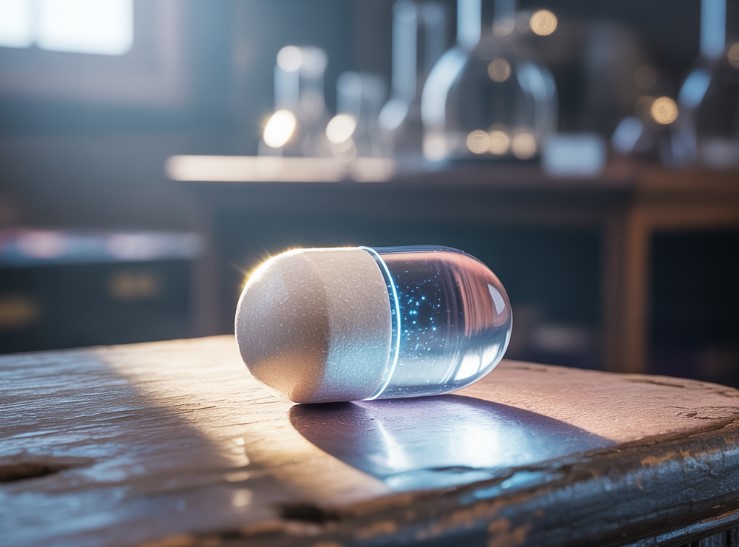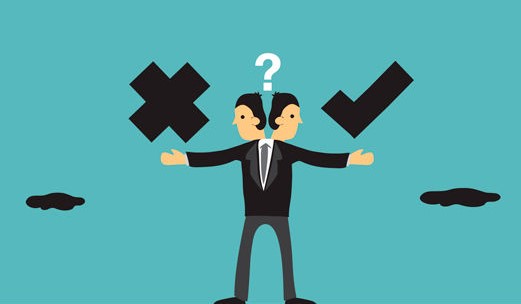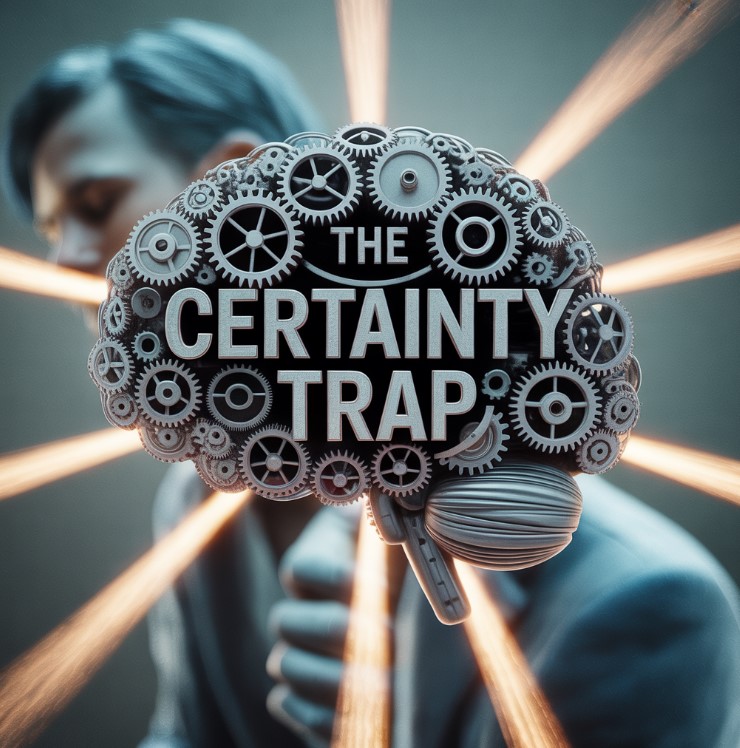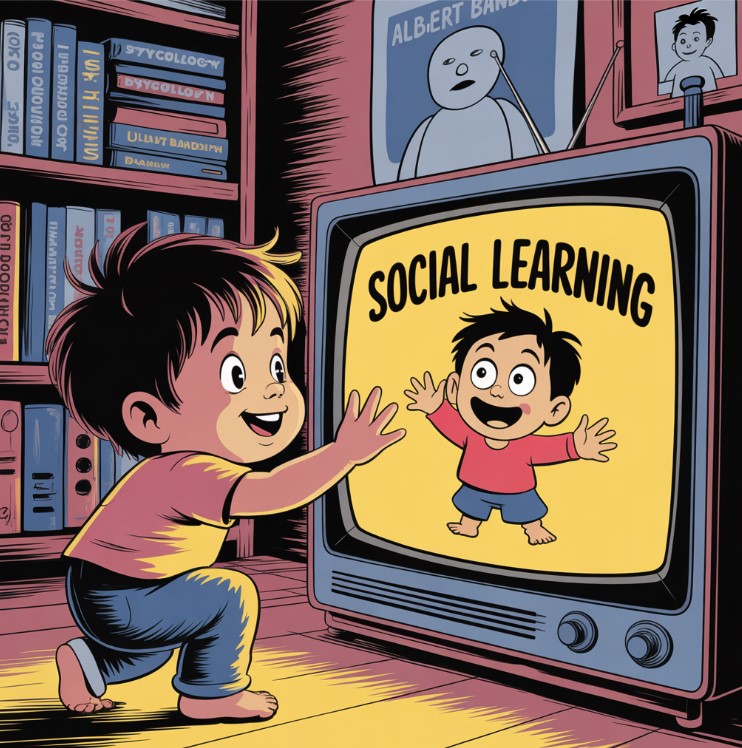Contents
The powerful placebo effect demonstrates the mind-body connection, a well-worn phrase that suddenly means your thoughts can literally knit tissue back together. Have you ever felt a headache vanish the moment you swallowed a pill, long before it could work, as if your skull contained a tiny, obedient pharmacist? This common experience is not just a feeling; it’s a profound neurological event where the brain preempts reality, becoming the very medicine it anticipates. We often dismiss this as being “all in your head,” a condescending phrase for what is actually a complex and powerful biological process. This exploration will move past the simple sugar pill, dissecting a phenomenon that relies on the brain’s gullibility, which turns out to be its greatest superpower.
The Placebo: Science’s Most Elegant Deception
To understand new medicine, scientists must first honor an old illusion, the carefully constructed lie of the placebo. When testing a new drug, researchers can’t just measure its effects in a vacuum, because the human body is a notoriously unreliable narrator that often heals for its own mysterious reasons. This is the stage for the Randomized Controlled Trial (RCT), a methodical process designed to separate true chemical effects from the ghost in the machine. In these trials, participants are split into groups, one receiving the real drug while the other gets a placebo, an inert substance dressed up to look like the star of the show.
The entire process is often double-blind, a sophisticated game of hide-and-seek where even the doctors are kept in the dark to prevent their hopes from leaking into the data. The true power of a new medication is therefore not its total effect, but how much it outperforms a simple, hopeful thought. If a new drug helps 50% of patients, that sounds impressive until you learn the placebo helped 35%, revealing the drug’s true contribution is a modest 15% sliver. The placebo isn’t a nuisance in these studies; it’s the quiet, unassuming yardstick against which every medical miracle must be measured.
How Belief Becomes Biology
If a placebo is chemically empty, then its effects must be generated from within, a process that turns the brain into a masterful internal chemist. The “placebo effect” isn’t a single event but a symphony of mechanisms, each playing a crucial part.
- Expectation and Belief: This is the engine of the placebo effect, the raw power of anticipation that prompts the brain to release its own potent neurochemicals. Studies using fMRI scans show that when a person in pain believes they’ve taken a painkiller, their brain releases endogenous opioids, essentially becoming a drug dealer for its own body. A 2014 study in Science Translational Medicine confirmed this stunning reality, finding that the mere expectation of relief could account for roughly 50% of a treatment’s total perceived benefit.
- Classical Conditioning: The body has a long and powerful memory, a lesson first taught by Pavlov’s drooling dogs. If you’ve taken effective medication in the past, your brain forges a link between the rituals of treatment—the doctor’s white coat, the sterile smell of a clinic, the specific shape of a pill—and the feeling of relief. Eventually, these rituals alone can act as a trigger, a ghostly echo of past healings where the clink of a pill bottle can unleash a cascade of relief you learned weeks ago.
- The Therapeutic Relationship: The interaction with a healthcare provider is not just a consultation; it’s a powerful therapeutic act that can physically alter your state of being. An empathetic doctor who listens and offers a credible plan generates a sense of safety and hope, a social transaction that can reduce inflammation as effectively as some over-the-counter drugs. This is the science of being cared for, a reminder that medicine is as much about human connection as it is about molecules.
It is critical, however, to separate these active psychological events from mere statistical noise, like the phenomenon of regression to the mean. This principle states that extreme events are often followed by more normal ones, meaning a person who seeks help for their worst-ever migraine was likely to feel better anyway, with or without a sugar pill.
Manifestations in the Real World
These concepts are not confined to the laboratory; they operate constantly in our daily lives, often in plain sight. In a landmark study, researchers gave subjects identical inert pills, a simple setup that resulted in one group’s heart rate climbing while the other’s plummeted, all powered by a single, whispered suggestion of “stimulant” or “sedative.” The story became the active ingredient, and the body dutifully followed the script.
This principle is on full display in the contemporary wellness market, particularly with products like CBD oil. The ritual of wellness—the expensive tincture, the earthy taste, the mindful moment of self-care—creates a narrative so convincing it can soothe anxiety before a single molecule hits a receptor. As the website BwexJuv aptly describes in a related piece, “Wellness products often function as tangible rituals, and the ritual itself is a form of active medicine.” This doesn’t invalidate the user’s experience; it glorifies it, showing that the relief they feel is co-created by the product and their own mind’s incredible power to manifest that relief.
I remember once being given a special “Himalayan focus salt” to put in my water during a grueling work project. The effect was immediate and electric; my focus sharpened, and the words flowed. It was only later I found out it was just regular pink table salt. My brain, desperate for an edge, had simply created one out of thin air, a testament to how easily our inner pharmacy can be unlocked with a good story.
The Sinister Twin and the Honest Lie
The mind’s ability to shape physical reality is a double-edged sword, a power that can harm as easily as it can heal. The placebo’s dark reflection is the nocebo effect, a phenomenon where a negative expectation can manifest a real, negative symptom. A doctor’s casual warning about potential nausea can become a self-fulfilling prophecy, a curse that your own body dutifully obeys. On Reddit, you often see questions that touch on this. One user asked:
User on r/askscience: “If the placebo effect is real, does that mean my relief is fake? I felt better from a new supplement right away, and now I feel like I just tricked myself.”
This is the core misunderstanding of the placebo effect. The answer is definitive: the relief is absolutely real, but the source of it is your brain, not the pill. Your anxiety did lessen, your pain did subside. The outcome is genuine; the mechanism is simply internal. You didn’t trick yourself; you treated yourself using the most advanced pharmacy on the planet.
This leads to the most perplexing and revolutionary discovery in the field: open-label, or “honest,” placebos. For years, the dogma was that placebos required deception. But a series of studies led by Harvard’s Ted Kaptchuk shattered that assumption. They gave patients pills that were explicitly labeled “Placebo” and told them, “These are inert pills with no medicine, but studies show they can have powerful effects.” Astonishingly, patients with conditions from IBS to chronic pain reported significant improvement, challenging the very idea that healing requires a lie. The ritual of taking a pill, even a known fake one, seems to be a form of therapeutic communication with the body, an act that signals the intention to heal.
Conclusion: Your Brain’s Pharmacy is Waiting
The placebo effect is not some fringe oddity of medicine; it is a fundamental truth about the human condition. It is the breathtaking discovery that your brain has a pharmacy in the attic, fully stocked and waiting for the right password. It doesn’t mean your illness is imaginary; it means the line between your mind and your body is far more blurry and beautiful than we ever imagined.
We can learn to harness this power through mindful rituals, positive framing, and strong, empathetic relationships with those who care for us. The placebo effect teaches us that healing is not just a chemical equation; it’s a story we tell ourselves, a story so powerful it can rewrite our own biology. It is the ultimate proof that hope is not just a feeling, but a tangible, physiological force for change.







